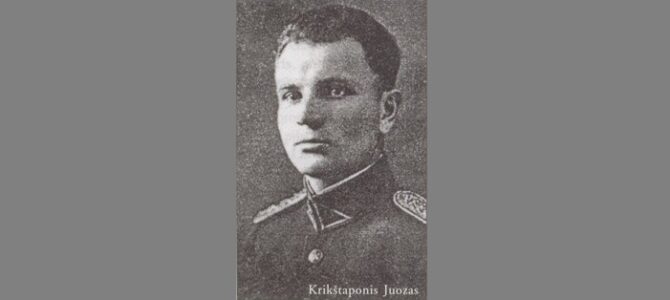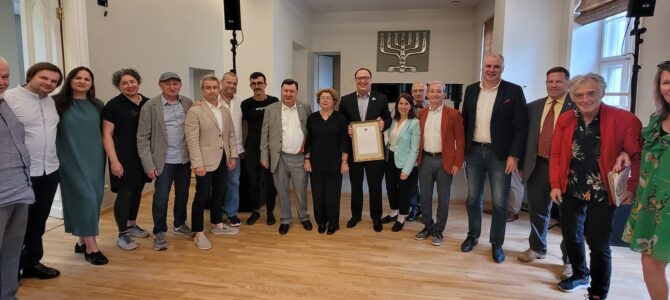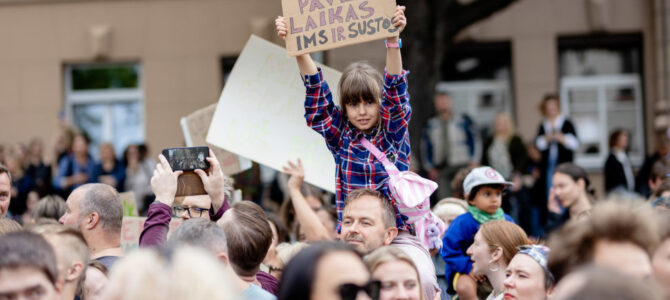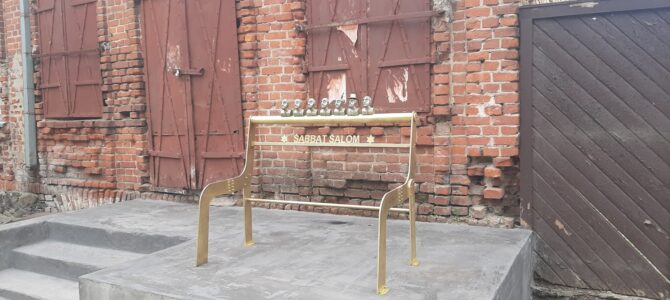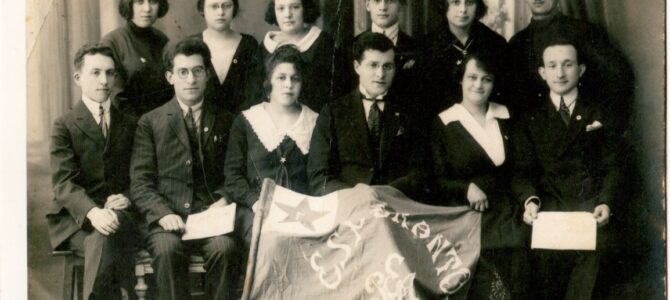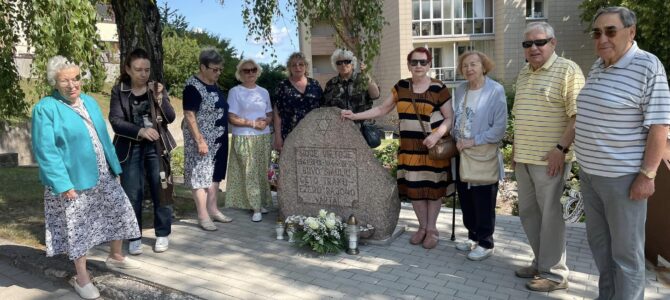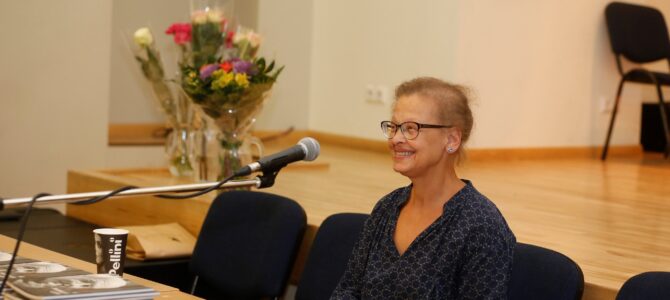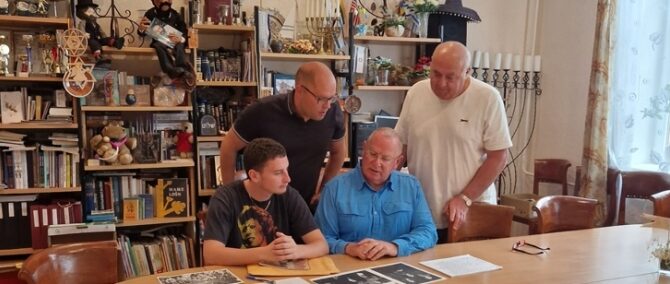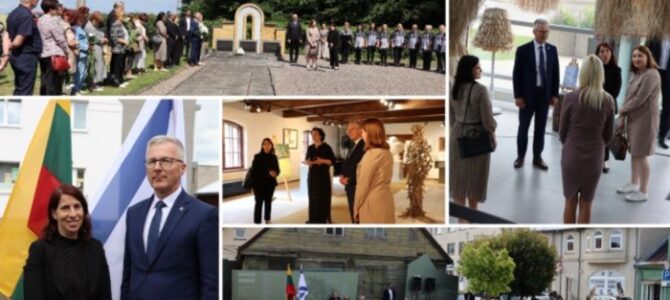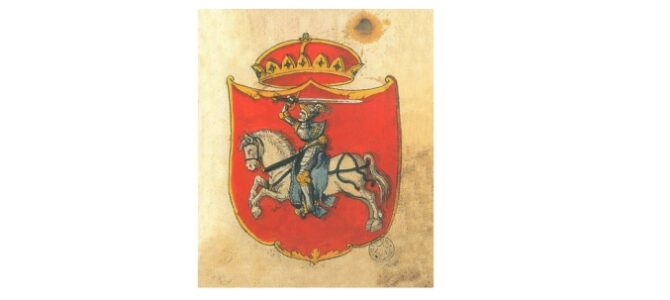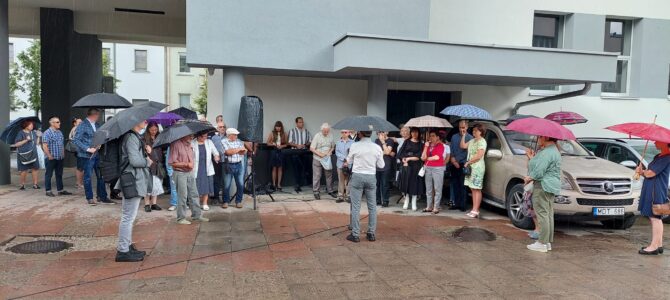Although Lithuania’s De-Sovietization Commission sent a recommendation to the Center for the Study of the Genocide and Resistance of Residents of Lithuania [hereinafter Genocide Center] for the removal of a statue commemorating [Nazi collaborator and Holocaust criminal] partizan Juozas Krikštaponis located in Ukmergė [Vilkomir], it appears a decision on the matter has been postponed. Genocide Center says since Krikštaponis’s status as a volunteer soldier hasn’t been annulled, it would be wrong to remove the monument stone honoring him. The Genocide Center says its leadership has asked the Lithuanian prosecutor general to remove his status as a volunteer soldier.
De-Sovietization Commission chairman Vitas Karčiauskas as well as people filing complaints about the statue are all unhappy with this decision by the Genocide Center and believe this is an attempt to postpone addressing the controversy. They say Krikštaponis’s role in Holocaust crimes is obvious and that the stone commemorating him needs to be removed.
Genocide Center deputy general director Vytas Lukšys reported the Genocide Center had signed a request to the Lithuanian Office of Prosecutor General Tuesday [July 25] for voiding Krikštaponis’s status as a volunteer soldier. He said they did so because it would be wrong to remove the marker commemorating Krikštaponis as long as he is recognized as having been a volunteer soldier.


